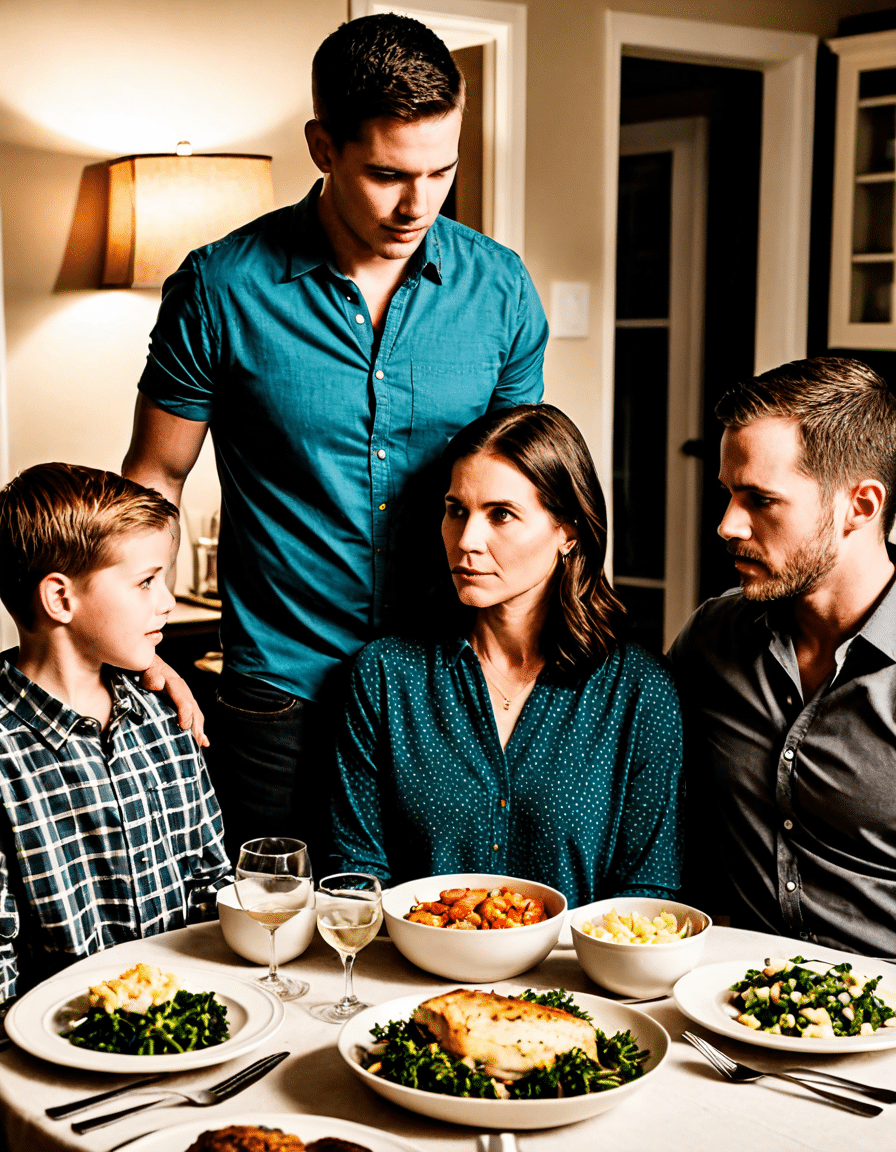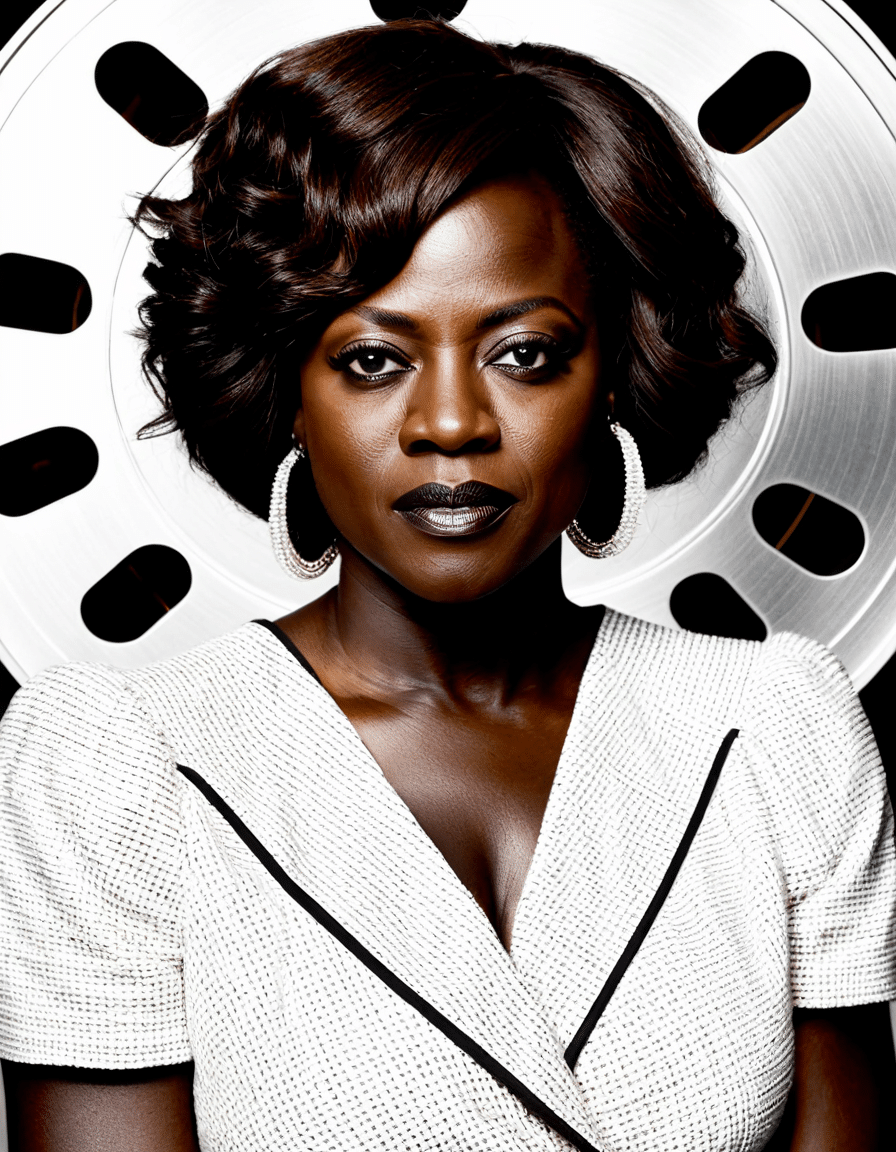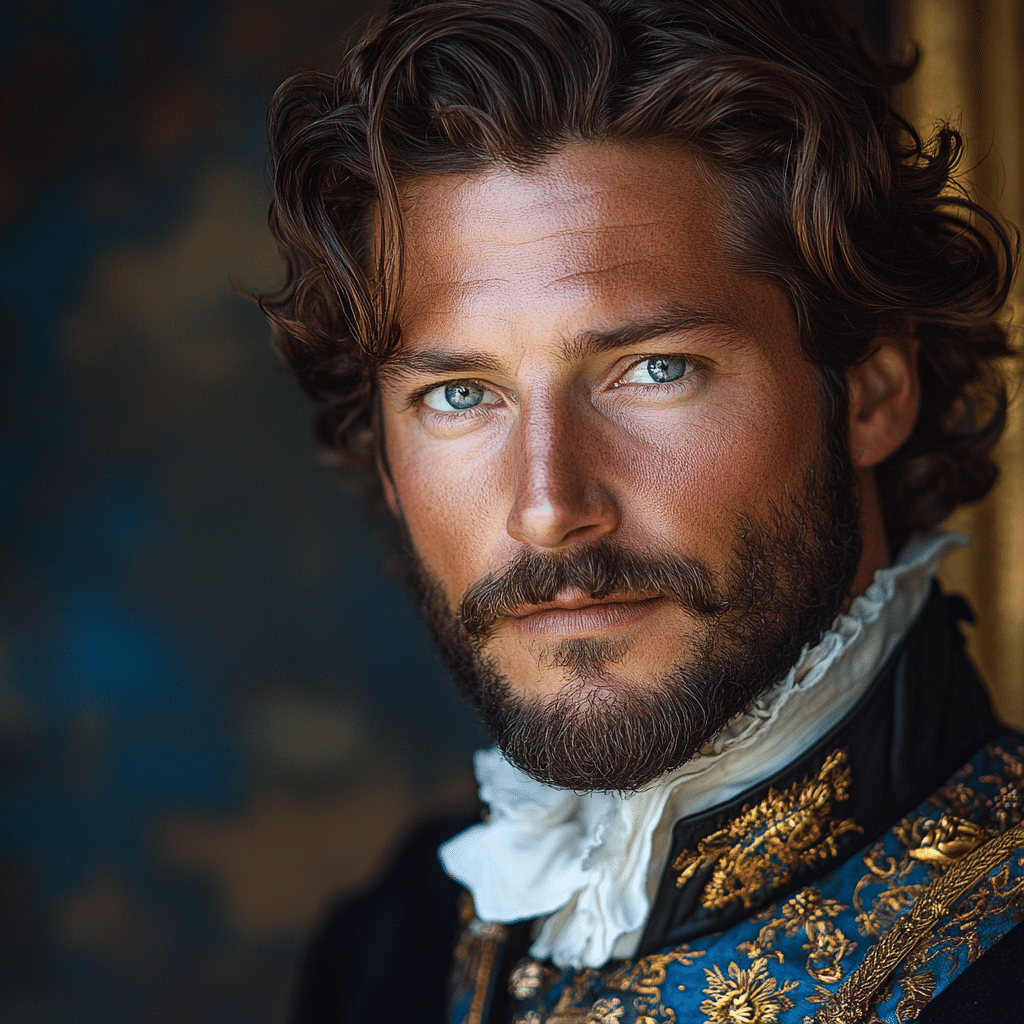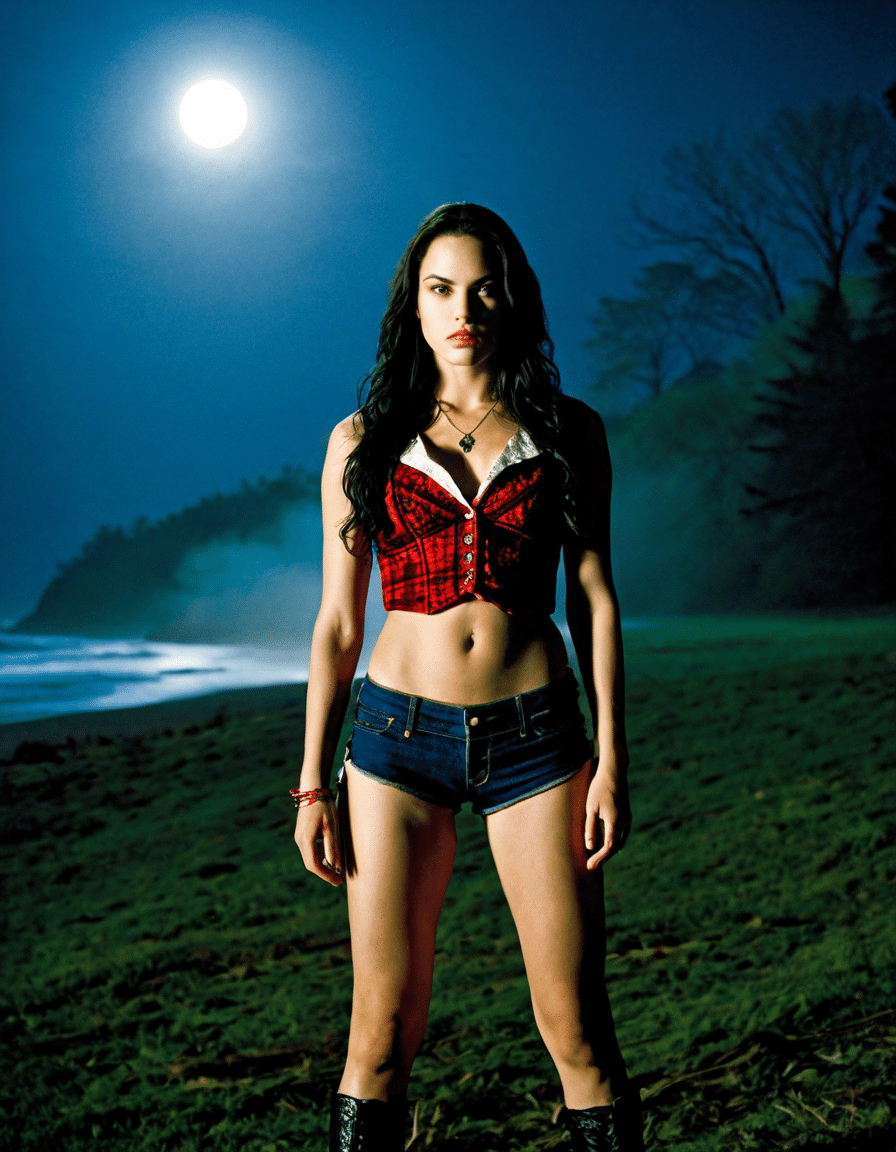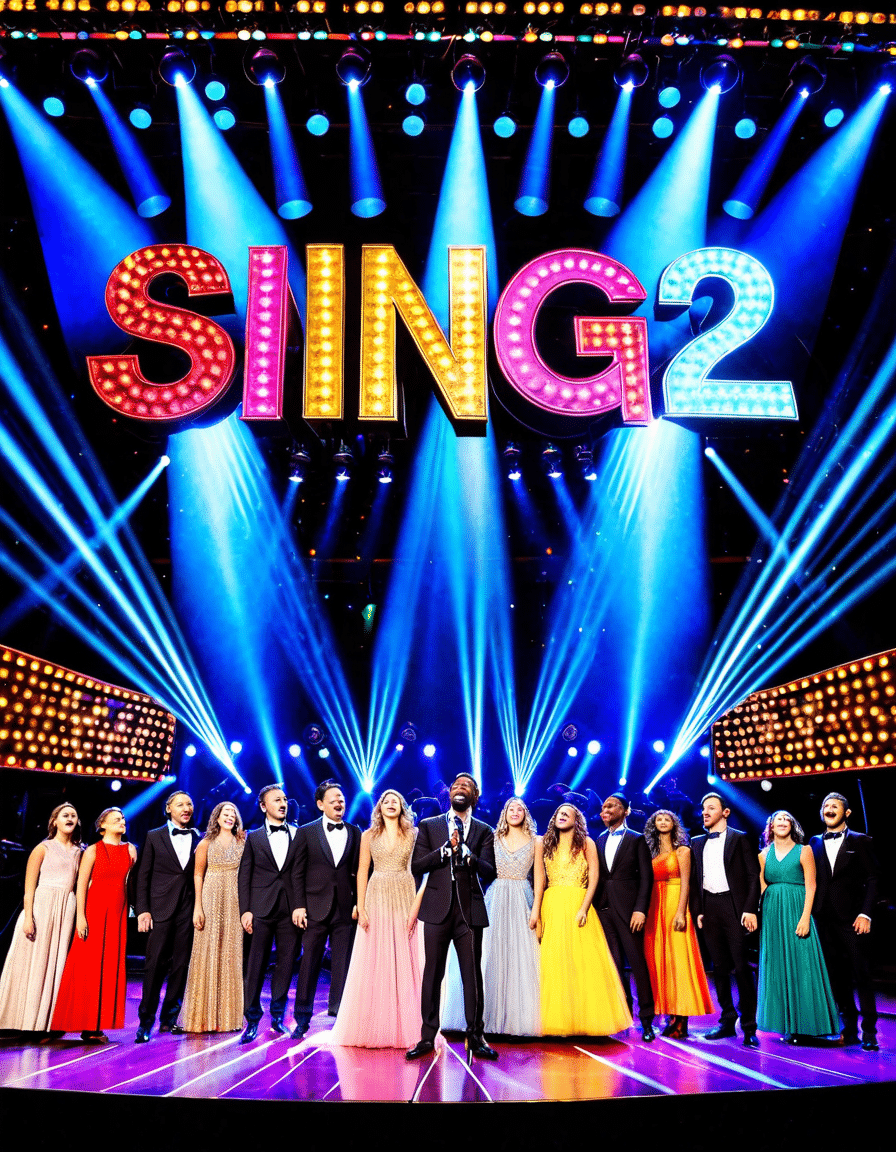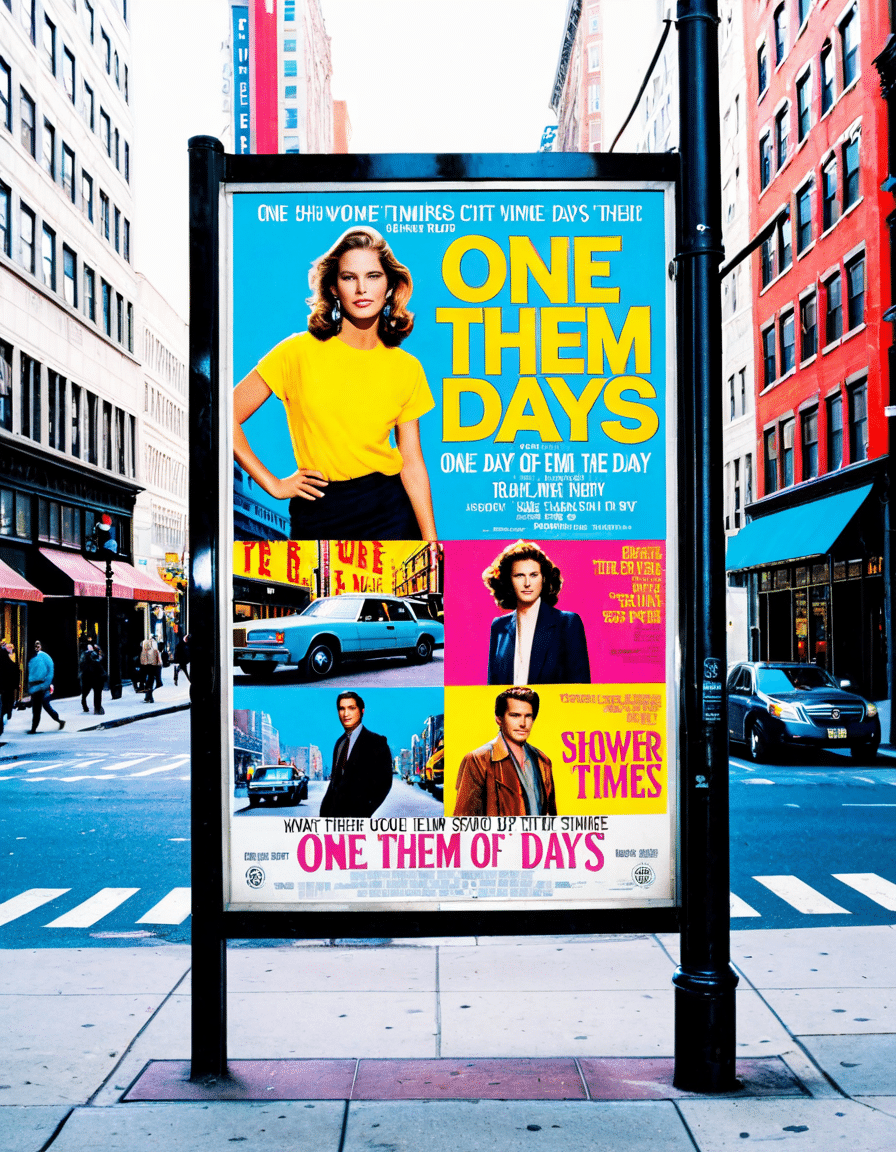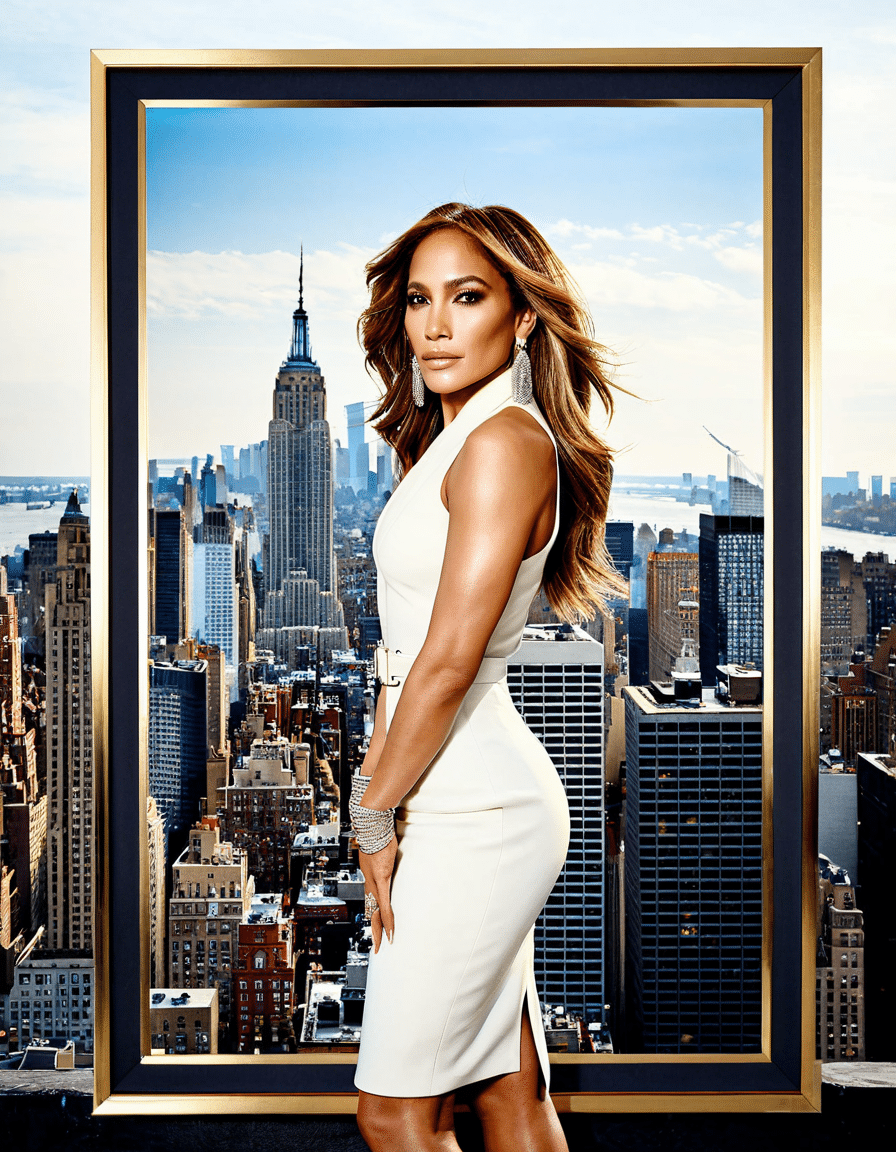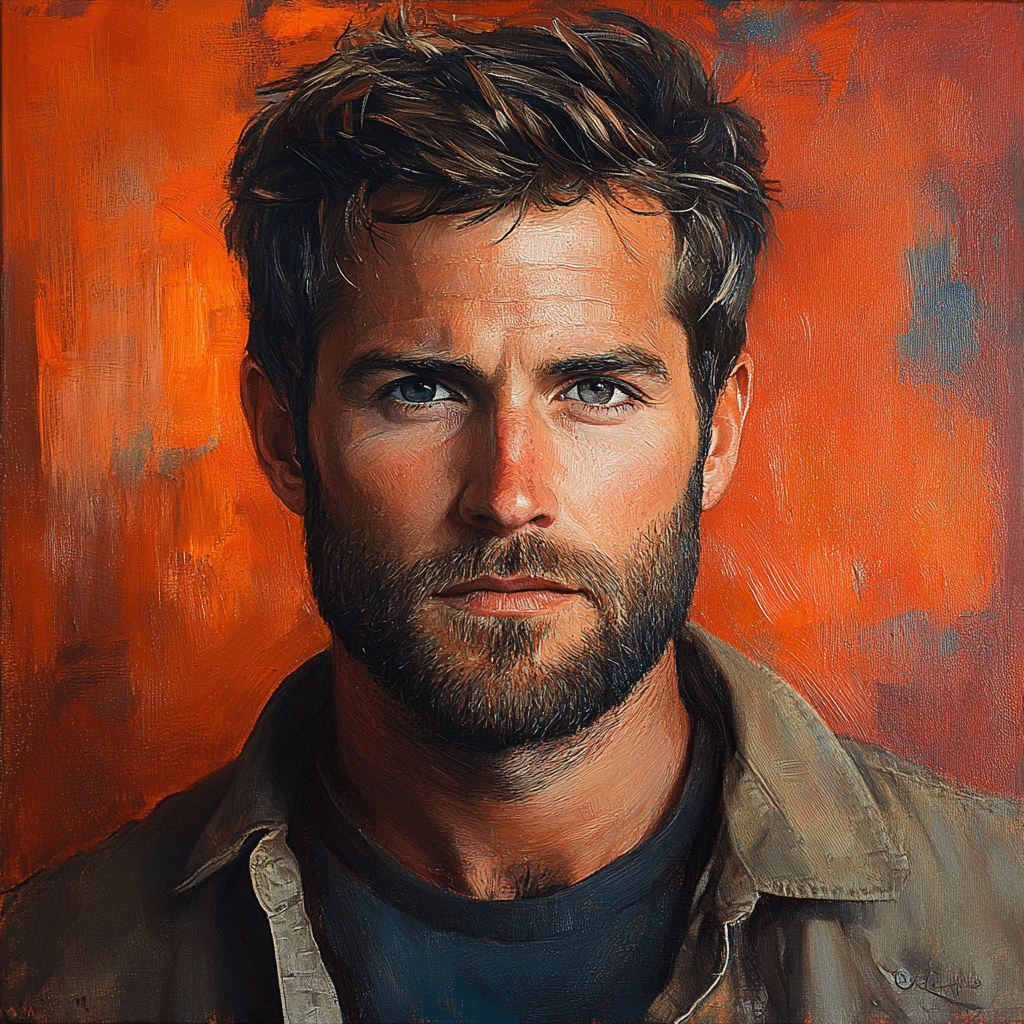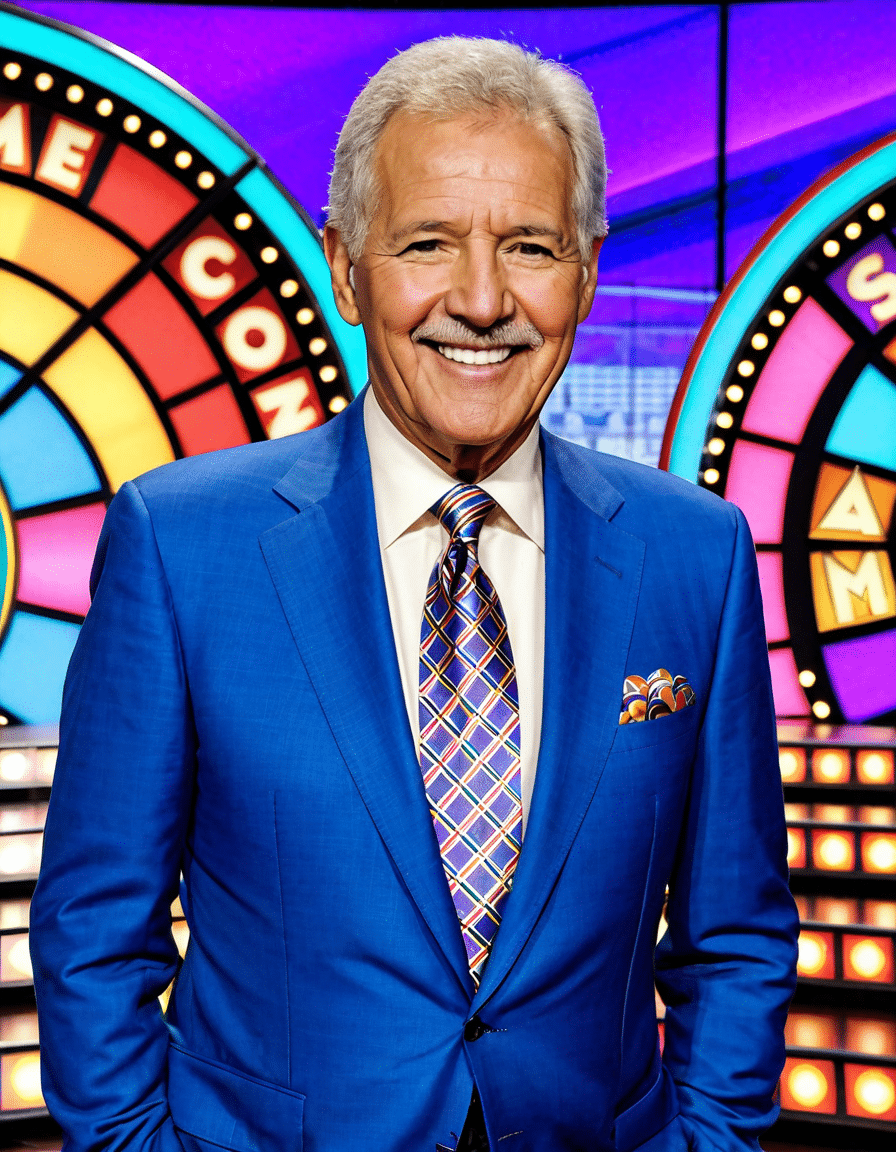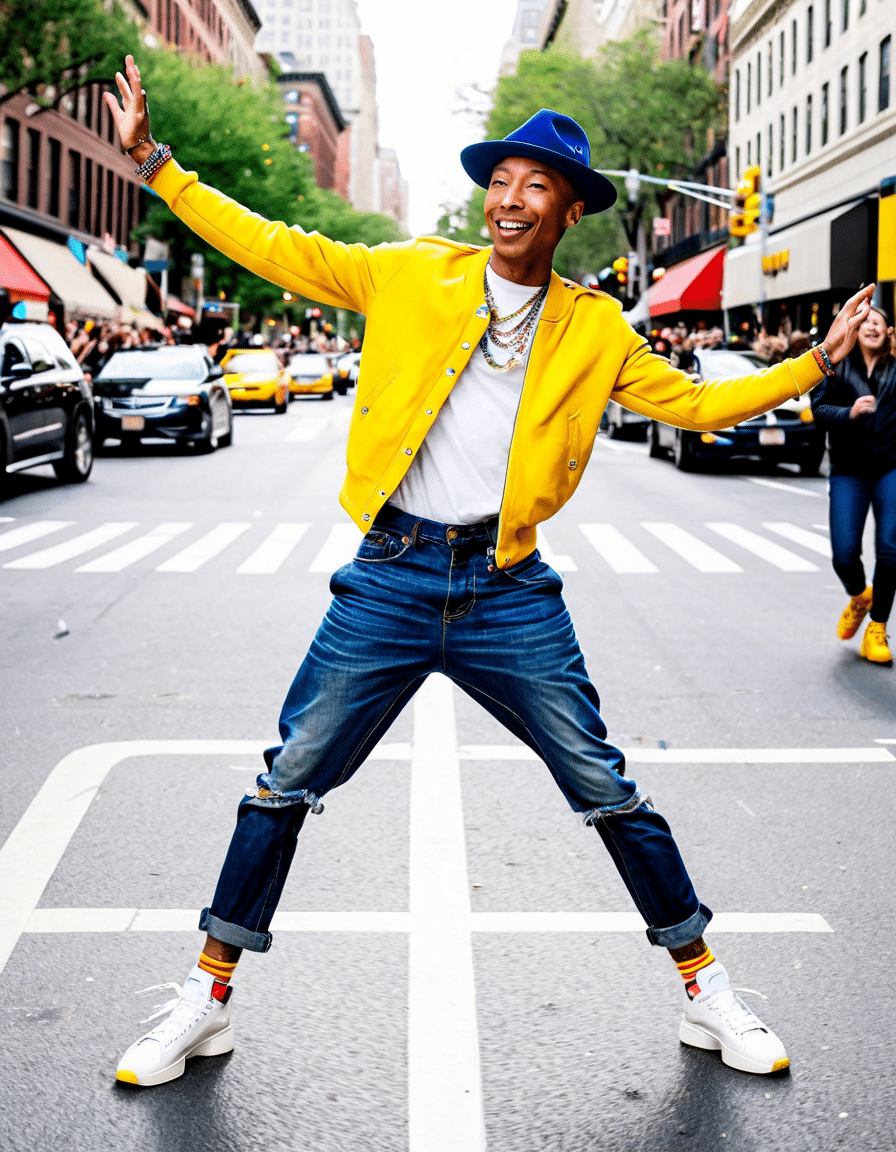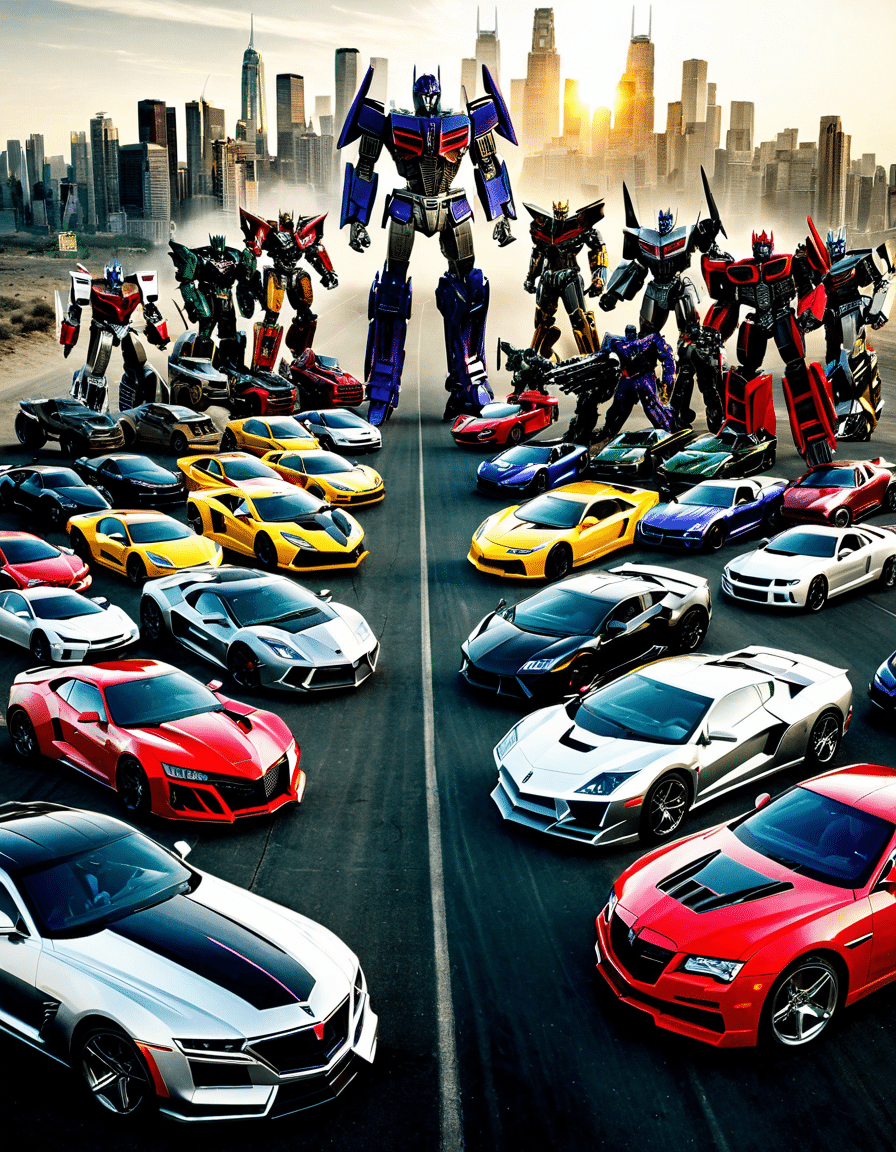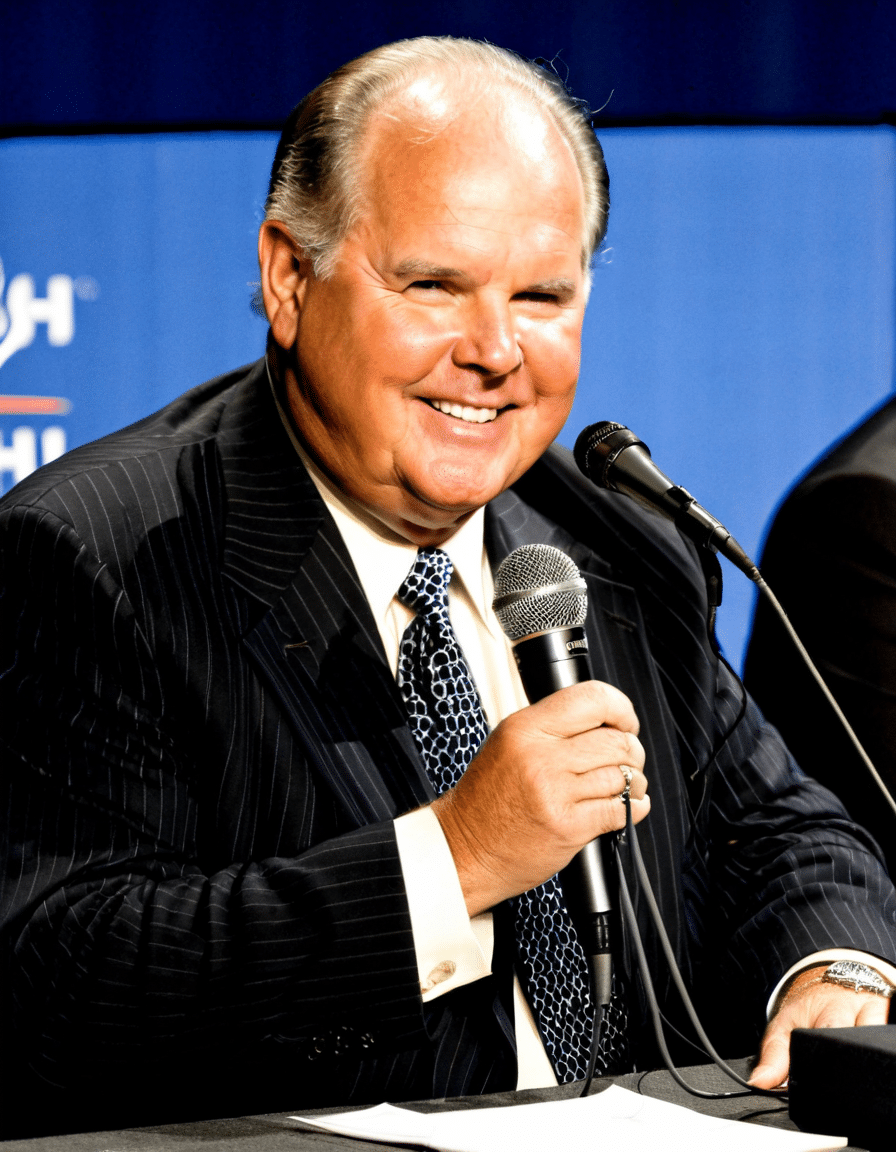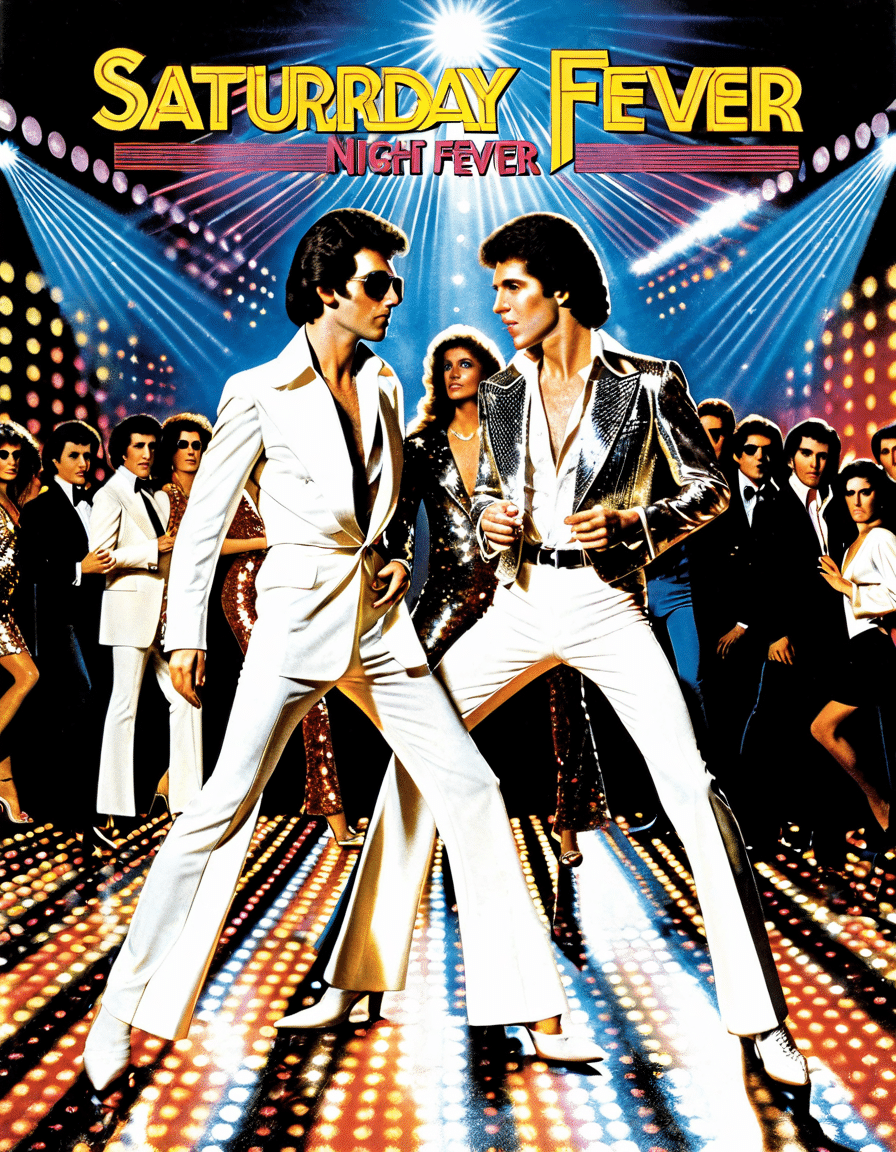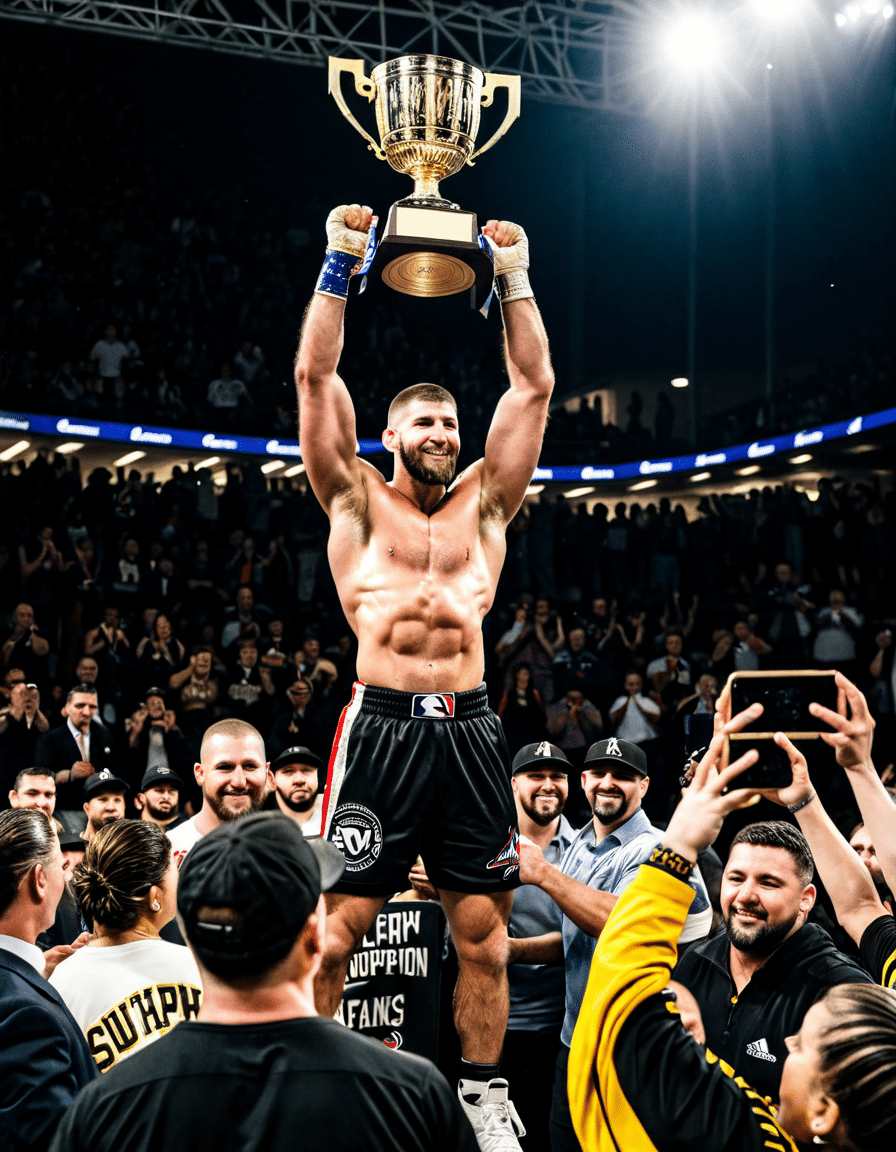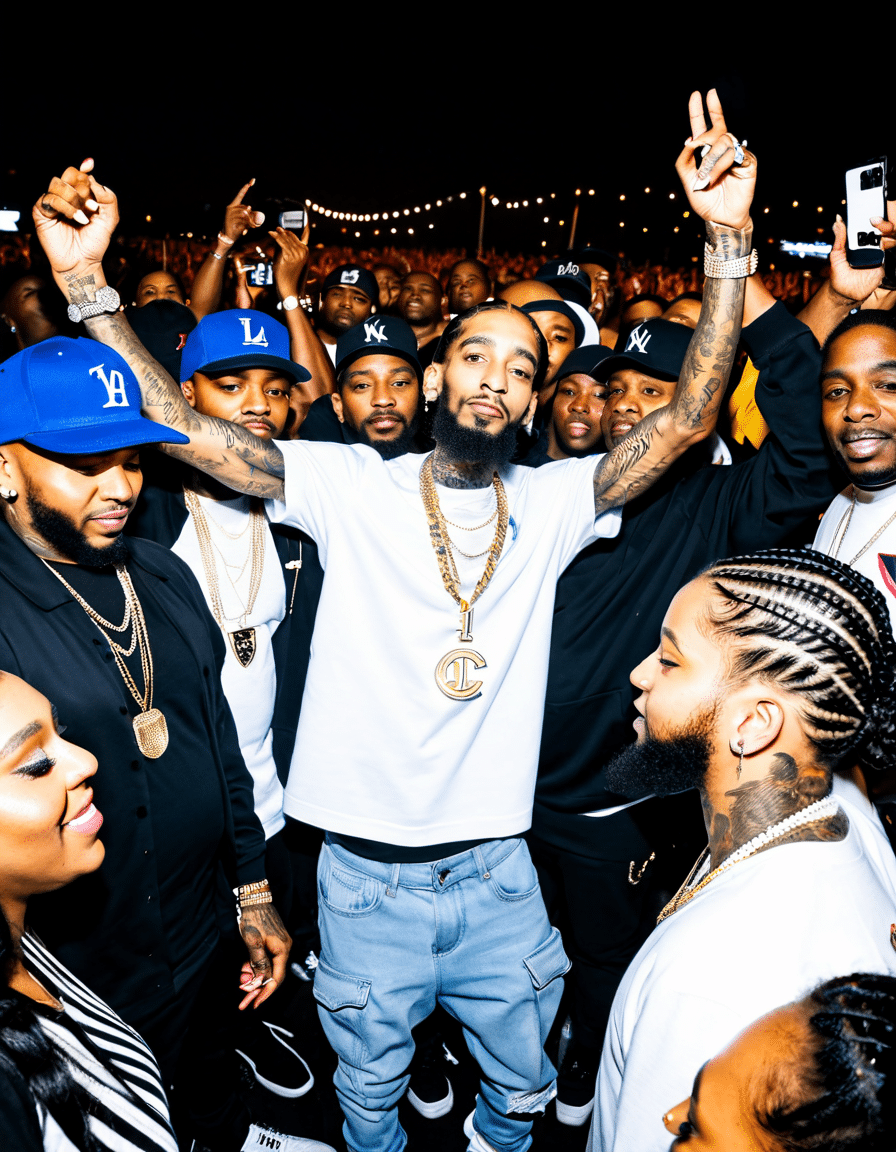In the ever-complicated landscape of modern storytelling, “Defending Jacob” truly stands out. Adapted from the gripping novel by William Landay, this Hulu original series takes us on a roller-coaster journey through themes of morality, family, and justice. By drilling into the premise surrounding the titular character’s accusation of murder, it compels us to confront our understanding of guilt, innocence, and the sometimes murky waters of public opinion. As we delve into these intricate layers, it’s important to note how this narrative echoes aspects of our reality today — a reflection not just on the legal system, but on the very fabric of societal values.
So, grab your popcorn; let’s break down the top themes in “Defending Jacob” and see how they champion the ongoing struggle for truth and justice.
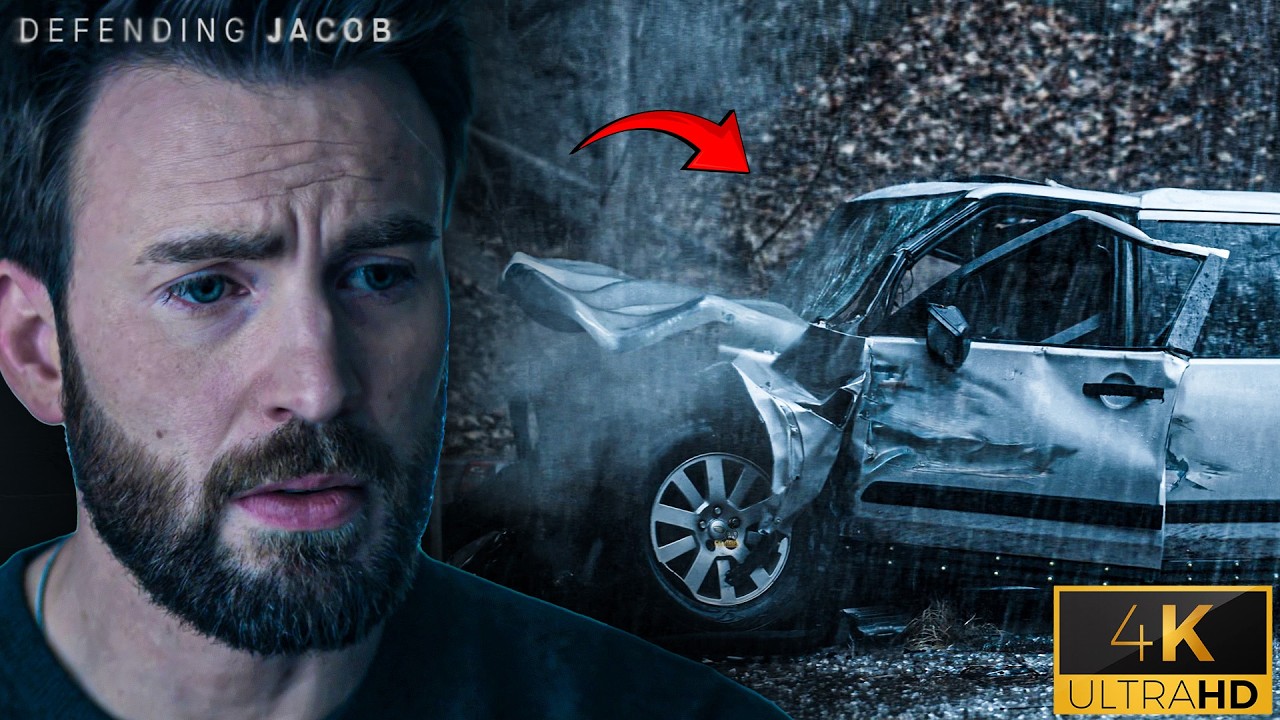
Top 5 Themes in “Defending Jacob” that Champion Truth and Justice
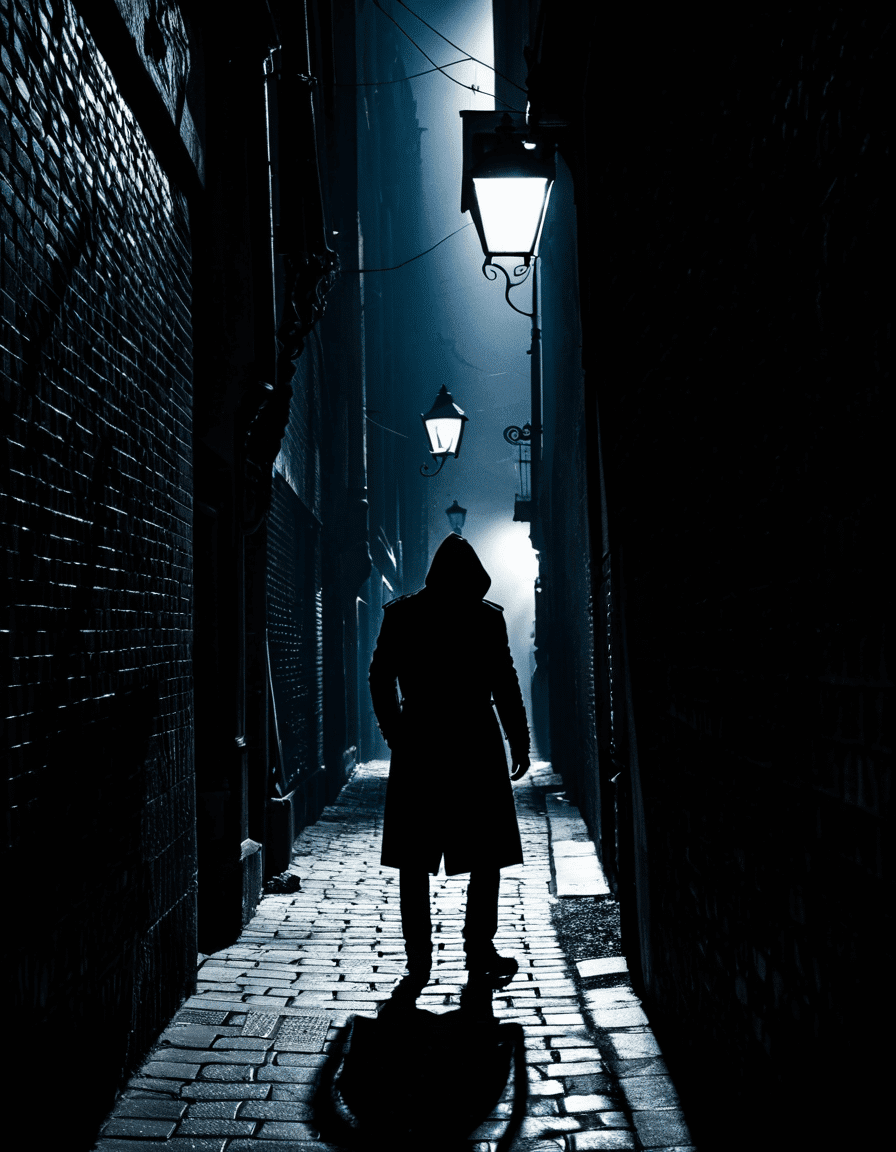
1. Presumption of Innocence vs. Public Perception
At the crux of “Defending Jacob” lies the pivotal legal principle that one is innocent until proven guilty. Yet, the series takes a hard look at how quickly public opinion can swing the other way. When Jacob Barber stands accused of murder, the media frenzy paints him as a criminal before he even steps foot in a courtroom. This dynamic feels familiar, reminiscent of real-life cases like that of Steven Avery from Making a Murderer. Just as he found himself at the mercy of public perception, we see Jacob’s case beset by a similar fate, raising vital questions about how fair our justice system really is.
2. Family Loyalty Under Scrutiny
William Landay highlights a profound tension between familial bonds and the quest for justice. In cases like the infamous Menendez brothers, where family loyalty collided with the brutal reality of crime, “Defending Jacob” digs deep into the moral dilemmas faced by loved ones of the accused. Imagine having to defend someone you care dearly for, even when mounting evidence suggests their guilt. It’s a real nail-biter, forcing us to question just how far we’d go for the ones we love. Would you become a modern-day champion of your family, overlooking the immense weight of justice?
3. The Impact of Cancel Culture in Legal Narratives
The way Jacob Barber is treated reflects our current climate characterized by cancel culture. Here, the series raises the alarm on how quickly society can demonize individuals before they get a fair shake. Think about how individuals like Amanda Knox faced public backlash before their cases were fully unraveled. In tandem with the narrative, shows like The Trials of Gabriel Fernandez serve as stark reminders of the potential ramifications of rushing to judge someone without all the facts. It’s an unsettling dance between public opinion and personal truth—one that can change lives in the blink of an eye.
4. Seeking Redemption and the Fallibility of Justice
The pursuit of justice is a treacherous road, as shown through characters like Andy, Jacob’s father. Their struggle underscores how the system often fails those seeking redemption. Look at cases like that of Adnan Syed from Serial, where wrongful convictions can make the quest for truth seem nearly impossible. In “Defending Jacob,” we grapple with the painful reality that justice is often not a straightforward path but a murky maze filled with pitfalls and missteps that can lead to devastating outcomes. The question becomes: Can we reform a system that often seems rigged against the innocent?
5. The Role of Psychological Evaluation in Criminal Proceedings
A significant theme of “Defending Jacob” revolves around the importance of psychological evaluations in the legal world. These evaluations dive deep into a person’s mental state and aim to shed light on motivations behind alleged crimes. Similar to the case of Anders Breivik, where psychological assessments played vital roles, the series challenges us to consider how these insights can skew perceptions in the public eye. Are we ready to balance personal turmoil with allegations of crime, or is it just another layer in a complicated narrative?
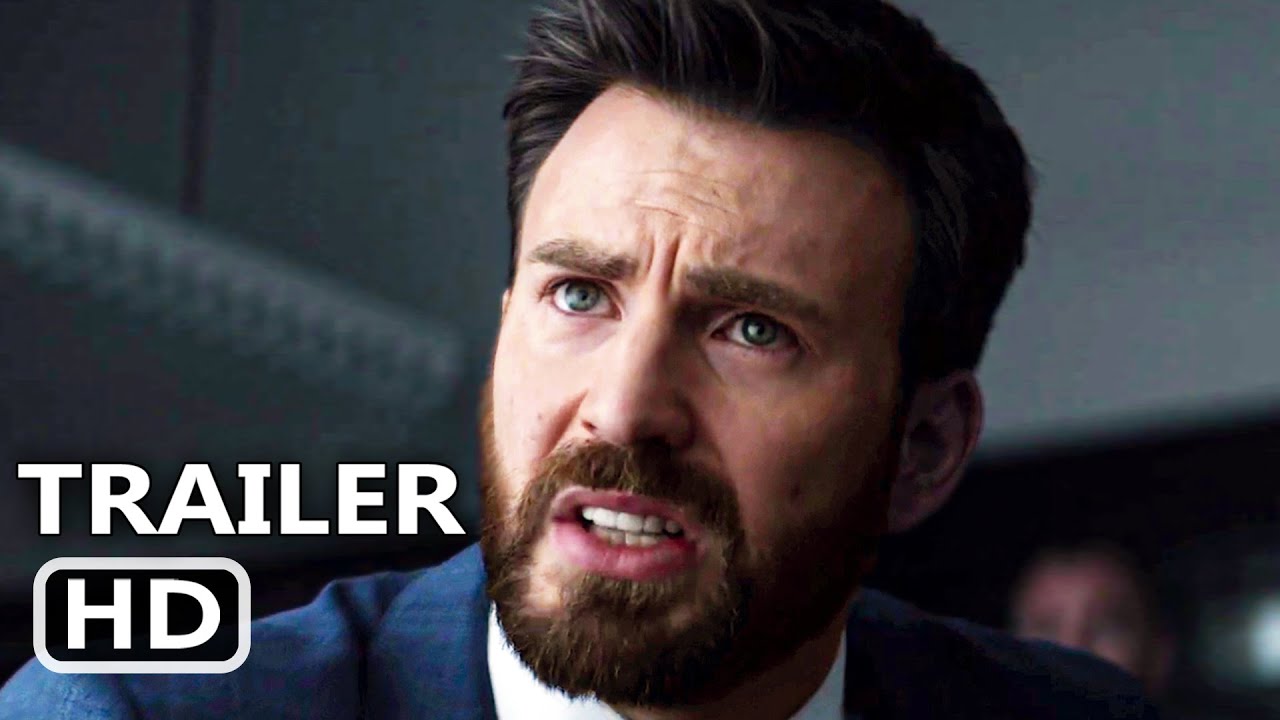
Defending Jacob in the Digital Age: How Media Consumption Shapes Justice
As we spin deeper into the digital age, how we consume media significantly affects our understanding of justice. “Defending Jacob” aptly mirrors prominent cases, such as Amanda Knox’s, showing how media representation impacts public perception and courtroom dynamics. Nowadays, platforms like TikTok and Instagram introduce an added layer of urgency; catchy hashtags can shift opinions faster than a viral dance challenge!
But what about the broader implications? The series excels at diving into episodic storytelling, which allows us to get cozy with character development. Unlike traditional films, streaming shows like this offer a more in-depth look at ethical dilemmas, transforming our viewing into a prolonged discussion rather than a brief encounter.

The Lost Voices in “Defending Jacob”: Who Pays the Price in the Pursuit of Justice?
Finally, it’s crucial to remember that “Defending Jacob” isn’t solely about the accused. It brings into focus the often-overlooked victims and their families, raising the question: who really bears the burden when tragedy strikes? The series illustrates how crime reverberates through families and communities, often leaving destruction in its wake. It forces us to confront the complexities within the justice system that sometimes fail both victims and the accused.
What happens to innocent victims left in the shadow of a high-profile case? Reforms are sorely needed to build a justice system that addresses the myriad complexities at play, where every voice matters equally. It’s time we reevaluated how we listen and respond to narratives surrounding crime, guilt, and redemption.
In a chillingly captivating narrative, “Defending Jacob” encapsulates the intricate web of truth, justice, and personal sacrifice today. It invites us to actively engage with societal issues, shaping our perceptions of guilt and innocence and ultimately championing a more equitable pursuit of justice. With the line between truth and perception becoming increasingly blurred, the lessons from this riveting tale resonate loudly, compelling us to question our views and advocate for integrity in justice.
So, are you ready to dive back into this enthralling saga and dissect your perceptions of the justice system? Don’t just watch; engage with the dialogue and advocate for a system that respects every voice—because every story has its truth waiting to be uncovered.
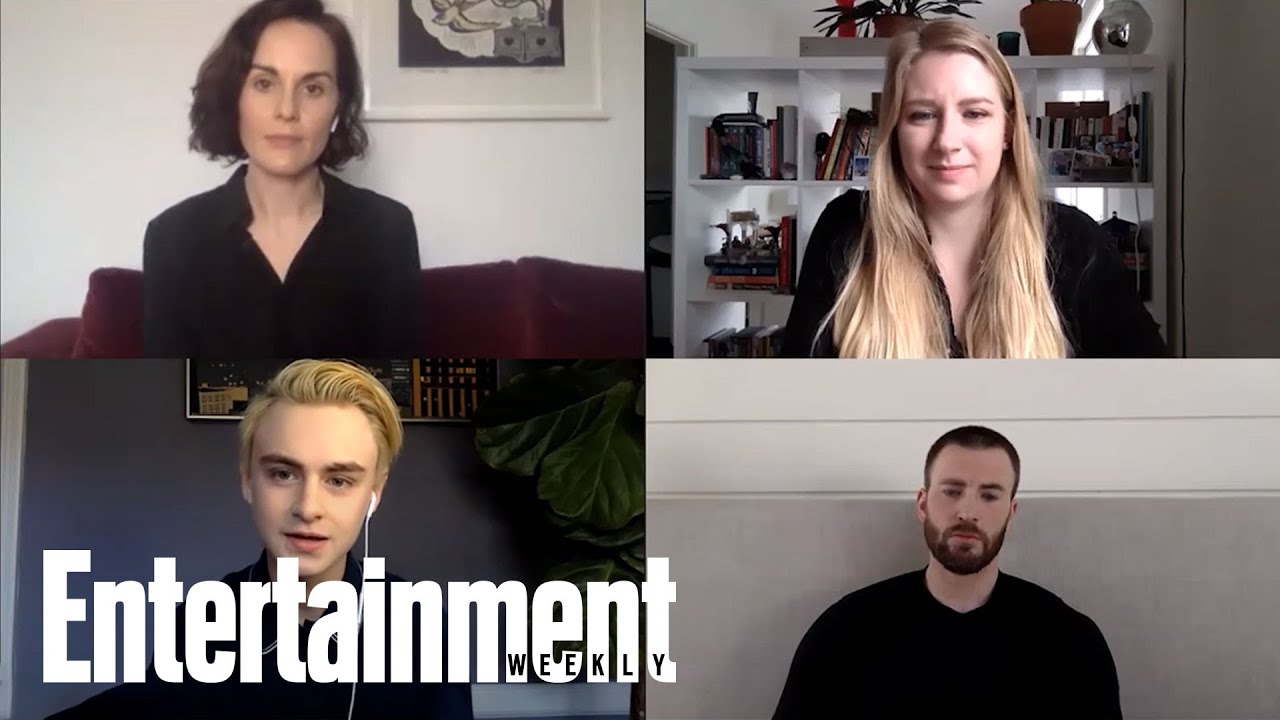
Fun Trivia and Interesting Facts about Defending Jacob
Behind the Scenes and Juicy Tidbits
“Defending Jacob” isn’t just another courtroom drama; it’s a gripping exploration of family, loyalty, and the shadowy corners of justice. Did you know that the series is based on William Landay’s bestselling novel? The plot centers around a district attorney grappling with the shocking accusation that his son, Jacob, is involved in a murder. This intense scenario taps into a universal fear parents face—what if their child isn’t as innocent as they believe? This theme might remind viewers of the tension found in classics like Jacob’s Ladder, where the struggle between perception and reality stands front and center.
Interestingly, the casting choices have also led to some fascinating discussions in pop culture circles. For instance, actor Chris Evans, best known for his role as Captain America, plays the father, and his unexpected portrayal has won hearts. Speaking of unexpected surprises, rumor has it that the actor could have had a much different career path had he pursued a career in sports, perhaps even rocking some nike track Spikes! Talk about a plot twist that could’ve led him down a totally different path!
Audience Reactions and Cultural Impacts
The series has sparked crucial conversations about parental instincts and morality. In today’s climate, exploring the fine line between justice and vengeance resonates deeply with audiences. In the wake of the show, social media lit up with fans sharing their theories, much like how folks buzzed about final jeopardy today when Alex Trebek was still hosting. The show’s ability to leave viewers questioning their own morality mirrors the discussions we often see surrounding true crime series.
Adding to its cultural impact is the stunning portrayal of the character Jacob, played by Jaeden Martell, who navigates the harrowing situation with a complexity that captivates viewer interest. Fans have even compared Jacob’s struggles to iconic characters, creating their own “Defending Jacob” universe in discussions where they consider him alongside societal misfits like Brianna Hammonds. This continued engagement keeps the show alive in the public consciousness, making it a hot topic that stands out among other dramas—like would you rather binge it over something like Sope2day offerings?
So, whether you’re diving into the deeper themes of “Defending Jacob” or simply keeping up with the buzz about its outstanding cast, this series surely feeds the appetite for a gripping story wrapped in moral dilemmas and the character exploration that keeps audiences glued to their screens.
